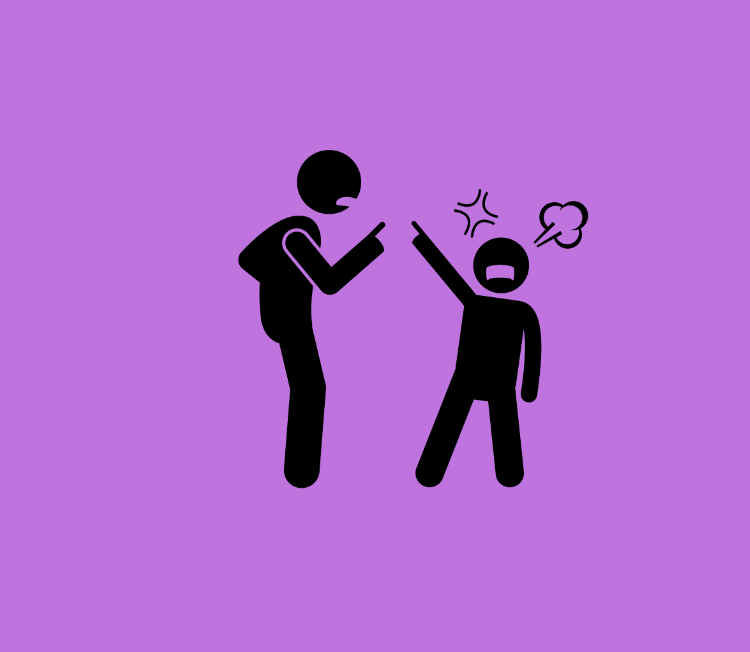Children below the age of 18 years who have committed or are suspected to have committed a crime are termed as; ‘children in conflict with the law’.
One of the duties of a Probation or Welfare Officer is to help Children in conflict with the law. The offense might be minor such as fighting or it may be a serious one like like murder or robbery.In most cases, the offenses committed by children are not of a serious nature. This may not require taking the children through the strict and tough formal court procedure.
Such cases should be settled within the community with the assistance of Local Council officials or at the Police Station with the Family Protection Unit. The law requires that children who have committed crime must not be detained in the same room with adult offenders. Also, a female child offender must be under the care and supervision of a female probation officer.
Ways of Settling Cases involving Children
There are various recommended ways of handling cases involving children without using the court. These are:
a) Mediation: A neutral or unbiased person trusted by both the offended person and the offending child and his or her family helps to settle the dispute arising out of the child’s offense. A friendly settlement is reached through negotiations.
b) Reconciliation: this involves the intervention of other people, such as family members, the two parties are helped to pardon each other.
c) Restitution: Involves the replacement of the damaged item with a similar or equivalent one. This method is used where a child has damaged or destroyed or stolen an item. For example, if a child has stolen a chicken, the chicken is returned if it can still be found and if not then a chicken of equivalent size is given to replace the stolen one.
d) Compensation: This involves paying back for what has been damaged. For instance, instead of paying back another chicken, the offender is asked to pay the equivalent value of the stolen chicken in terms of either money or other material item.
e) Taking children to court is one of the methods of settling cases involving children. This method should, however, be used only for serious offenses and as the last resort. This may involve arresting, trial and giving orders to the child if found to have a case.
The following special procedures apply to a child, who is suspected of committing a crime:
- Cases involving children are handled by the Family and Children’s Court.
- Where a child is charged with an offense that carries a death sentence, the case has to be handled by the High Court.
- Where a child is charged together with an adult, the case is handled by the court that has powers to try the adult.
What Should Happen When a Child is Arrested
When a child is arrested for breaking the law, the following should happen:
- The child’s parents or guardians must be informed;
- The LC Secretary for Children Affairs who under the law is the Vice Chairperson of the LC must be notified;
- A child has a right to make a statement about what happened;
- The child’s parents or guardians should be present at the police station or post when the child is being interviewed;
- In the absence of parents or guardian and the LC Secretary for Children Affairs, the Probation, and Social Welfare Officer must be informed and be present during the interview of the child;
- The Police can settle the case without sending it to court;
- In case the Police do not settle the case, the child may be released on police bond free of charge;
- If the child is not given bond, he or she is kept in a police cell, she or he must be taken to court within twenty-four hours of arrest;
- Child offenders must not be accommodated in the same detention room with adult offenders; and
- A female child offender must be kept separately from males and must be under the care and supervision of a female officer.
Charging a Child
Charging a child refers to taking a child to court, reading the case to the child and asking him or her whether he or she accepts committing the crime . In case the child denies the offence, the child is put on trial. If the child accepts having committed the offence, the court will make an order.
Rights of a Child Accused of Committing an offence
An accused child is one who has been charged. The accused child has rights to:
- Be informed of the offense committed.
- Ask questions to witnesses testifying against him or her.
- Have parents or guardians present at the trial.
- Be treated humanely.
- Be released on bail by the court.
- Be present at the time of his or her trial.
- A speedy trial.
- Be represented by an advocate.
If the child or its parents cannot afford the services of a lawyer, some organizations offer free legal services. These include the Legal Aid Clinic of the Law Development Centre, FIDA, the Legal Aid Project of the Uganda Law Society and Public Defender.
According to the Children’s Act, the Local Government must provide legal services to the child.

